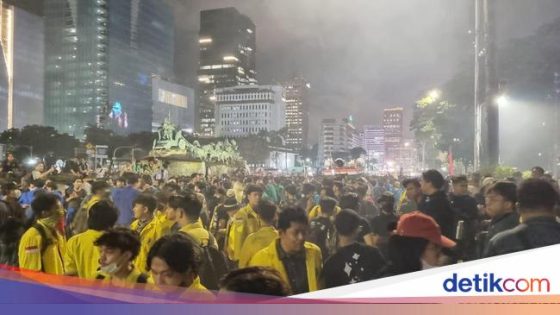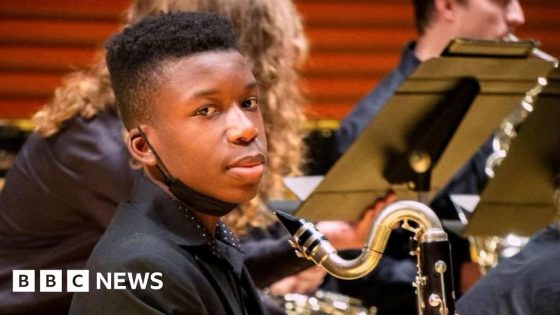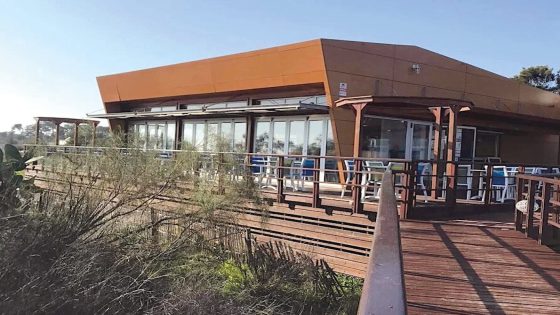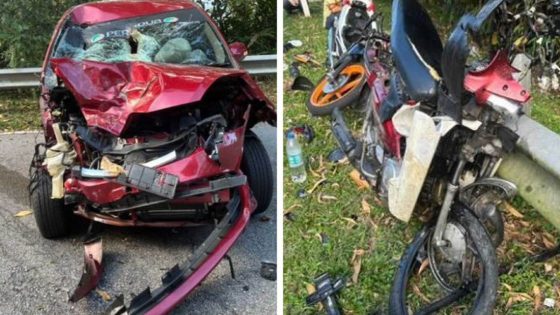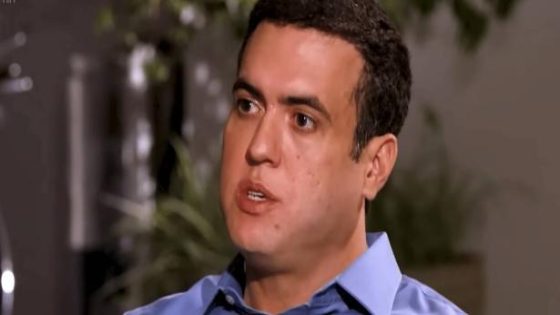On February 17, 2025, a significant protest called ‘Indonesia Gelap’ took place in Jakarta. This event, organized by civil society coalitions and the Indonesian Student Alliance (BEM SI), aimed to reject government policies that threaten social justice and democracy. But what sparked such a strong reaction from the youth?
- Civil society coalition protests against government policies
- Demands for free, scientific, and democratic education
- Opposition to budget cuts in education
- Concerns over proposed revisions to laws
- Calls for evaluation of problematic national projects
- Request to revoke military's civilian roles
Students Rally in Jakarta to Oppose Revisions to Key Laws Impacting Democracy
Why are students so passionate about these issues? The protest highlighted concerns over proposed changes to laws governing the police, military, and judiciary, which many believe could undermine democratic values. The demonstrators called for a halt to budget cuts in education and demanded free, scientific, and democratic education for all.
Protesters Demand Education Reform and Accountability from Government
The protesters expressed their dissatisfaction with various government policies. Key demands included:
- Restoration of full education funding to ensure equal access for all citizens.
- Rejection of revisions to laws that could enhance police and military powers.
- Evaluation of problematic national projects that affect public welfare.
- Removal of military personnel from civilian roles to uphold democratic integrity.
Impact of Proposed Revisions on Civil Rights and Democracy
The proposed revisions to the police and military laws have raised alarms among activists. Critics argue that expanding police powers to monitor social media and granting immunity to prosecutors could erode accountability and civil liberties. Such changes could lead to a chilling effect on free speech and public dissent.
Education as a Fundamental Right: The Students’ Perspective
Students emphasize that education is a fundamental right that should be accessible to everyone. They argue that cutting education budgets will only deepen inequality and degrade the quality of education. The call for free and democratic education reflects a broader desire for social equity and justice in Indonesia.
In conclusion, the ‘Indonesia Gelap’ protest underscores the urgent need for dialogue about education and civil rights in Indonesia. As students rally for change, the implications of these movements extend beyond national borders, resonating with global audiences concerned about democracy and human rights.



